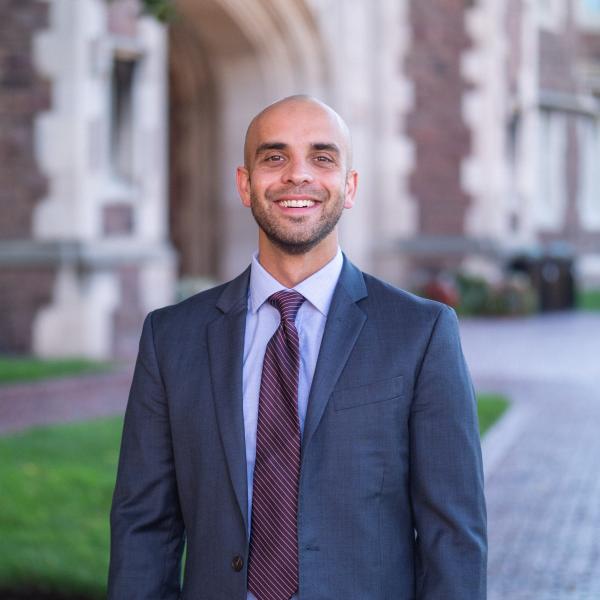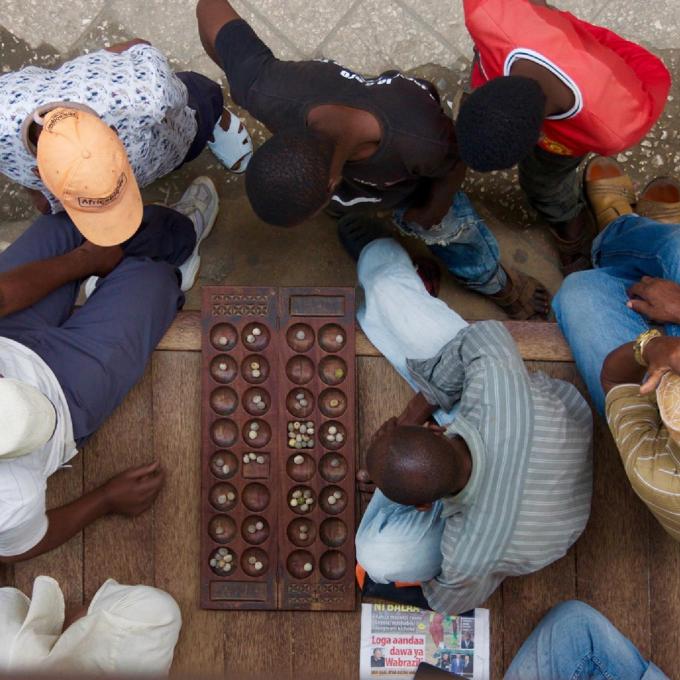David Ansari is a medical and psychological anthropologist with research and teaching interests centered at the intersections of migration and health, trauma and psychotherapy, health services and organizations, and clinical and therapeutic training. David joins the Department of Anthropology from the University of Chicago, where he completed his PhD. David teaches in the Department’s Global Health and Environment track.
David’s book, Therapeutic Apprenticeship: Migration, Belonging, and Mental Health in France, examines generational differences in perceptions regarding multiculturalism and diversity among psychotherapists in France. This project draws on ethnographic fieldwork in mental health services for immigrants and refugees in Paris from late 2014 until 2016, during the height of the refugee crisis in Europe. By attending to apprenticeship, David examines how newer generations of psychotherapists develop embodied caring and clinical skills under the guidance of supervising therapists. Therapeutic Apprenticeship also reveals generational differences between supervisors, many of whom came to France as immigrants, and their apprentices, many of whom were born in France with parents or grandparents who were born abroad. These generational differences represent evolutions in thinking about and enacting inclusivity, both in clinical contexts and beyond.
David’s next research project will examine the health and mental health needs of refugees resettled in the greater Chicago metropolitan area who have experienced displacement due to political conflict and persecution, as well as environmental degradation and climate change.
Publications
Ansari, D. 2020. Teaching the social determinants of health during the COVID-19 pandemic. Somatosphere. http://somatosphere.net/2020/teaching-social-determinants-health-covid19.html/
Ansari, D. 2019. Casting and scripting: Visibility, responsibility, and legitimacy in transcultural psychiatry apprenticeships in Paris. Transcultural Psychiatry. https://doi.org/10.1177/1363461519884154

